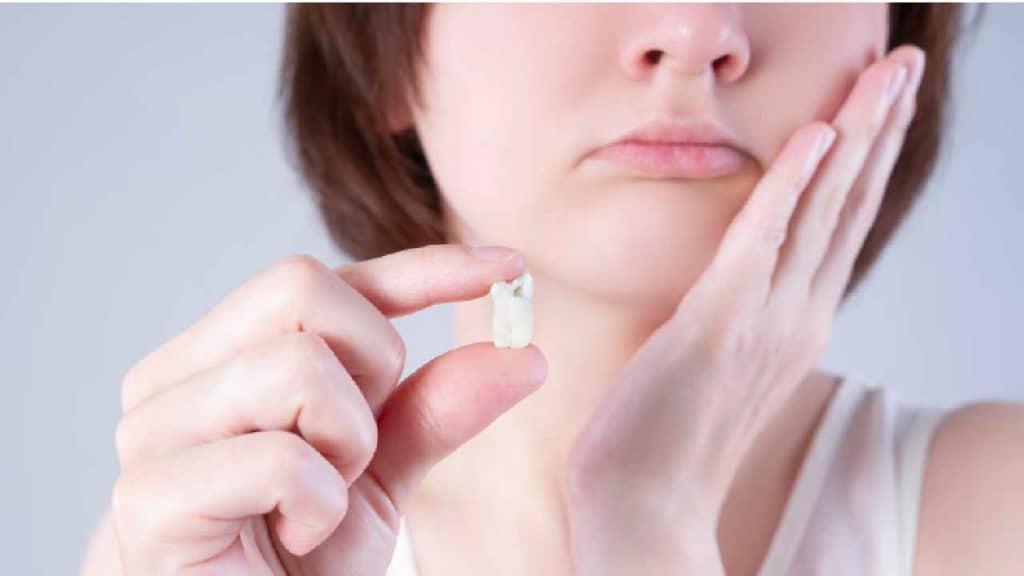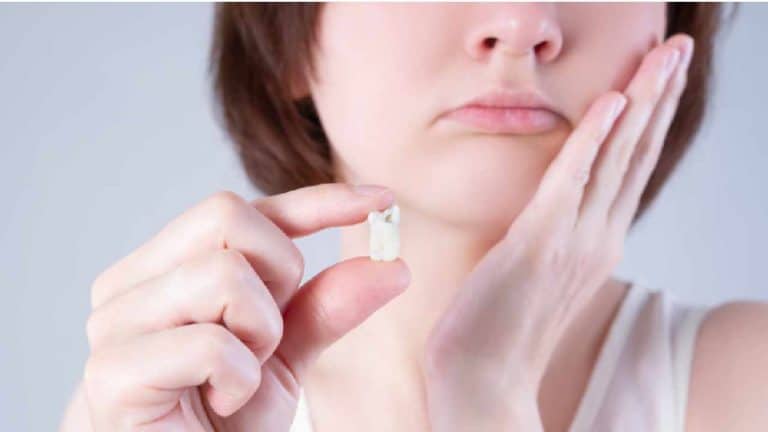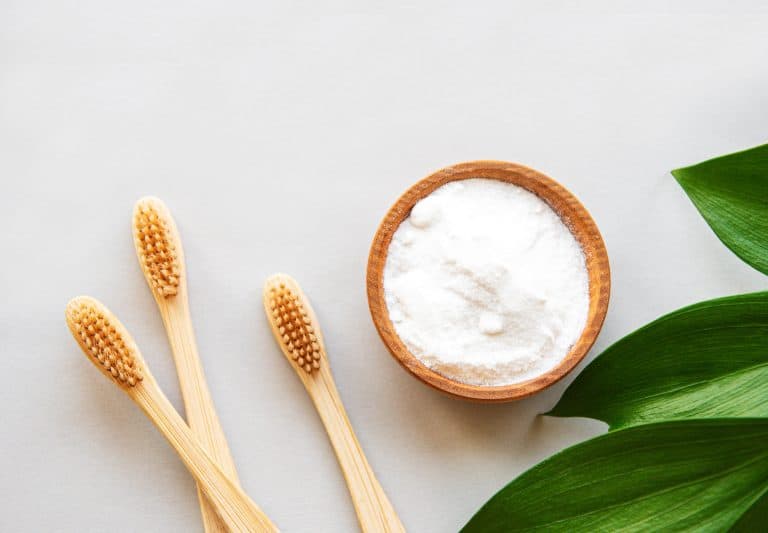Do you have a 3rd molar that is causing problems in the mouth? This is a sign that the molar hasn’t erupted from underneath the gum line properly and hence, would require tooth extraction treatment. You may have already had the treatment. Having your teeth extracted with dental forceps and elevators can be an unpleasant and frightening experience, but it may be necessary for a variety of reasons, such as tooth infection and overcrowding owing to the partially erupted molar. However, in the long term, you may realise that wisdom tooth extraction is the best option. Rest assured that dentists always strive to make tooth extractions as painless and comfortable as possible.
After an extraction, how you care for your teeth is essential to a quick and pain-free recovery. To ensure normal recovery and avoid issues, you must follow any aftercare advice provided by your dentist.
To help you get ready, we’ve compiled a list of four crucial Dos and Don’ts after wisdom tooth extraction. The discomfort will vanish if you use these cures in conjunction with the dentist’s recommendations.
The Do’s After Wisdom Tooth Extraction
Here are the things you should do after wisdom tooth extraction for strong and swift recovery:
- Get enough rest — This is a no-brainer. It is recommended that you relax for 24-48 hours after the procedure and avoid intense or strenuous activities. The body requires rest to recover quickly.
- Avoid solid foods — Your mouth will be sensitive after surgery, making hard foods difficult to eat. Soup, yogurt, eggs, potatoes, and dairy products are all good options to include in your diet for at least three to four days.
- Make use of a cold compress – Ice or other frozen products should be used in your mouth to reduce swelling. Repeat for 10 minutes at a time as a home cure.
- Allow the clot to form – For the wound to heal, the clot must form. Gauze pads are likely to be given to stem any bleeding. If blood forms on one pad, you’ll need to replace it with a new pad until the bleeding stops.
The Don’ts After Wisdom Tooth Extraction
Here are things that you shouldn’t do as this can impact and slow down the development of the blood clot that needs to form.
- Eat solid foods – As the wound starts to heal, the last thing you want is for it to reopen. This can be accomplished by eating solid foods. Hard nuts, chewy treats, sugary treats, and meat should not be consumed following the extraction process.
- Smoke, consume alcoholic beverages, or use tobacco products – If you continue to use these products, your recovery will be substantially slower and can impact the blood clot.
- Avoid brushing and flossing for at least 24 hours after the treatment – The impacted extraction area should be avoided for at least 24 hours after the procedure. Brushing and flossing around the area should be done gently using a soft bristle brush.
- No spitting, saliva, or blood — Avoid using your mouth strenuously for the first few days. This also includes no spitting. If blood continues to persist a few days after treatment, then it’s recommended that you consult your surgeon.
Are There Any Side Effects?
There is a chance that you may experience some minor side effects such as fever, nausea and vomiting. You may feel nauseous once the local anesthesia has worn off. However, this should go away a few hours after. These side effects may last between a few hours and a day. If it continues to persist, consult your surgeon for immediate assistance.




